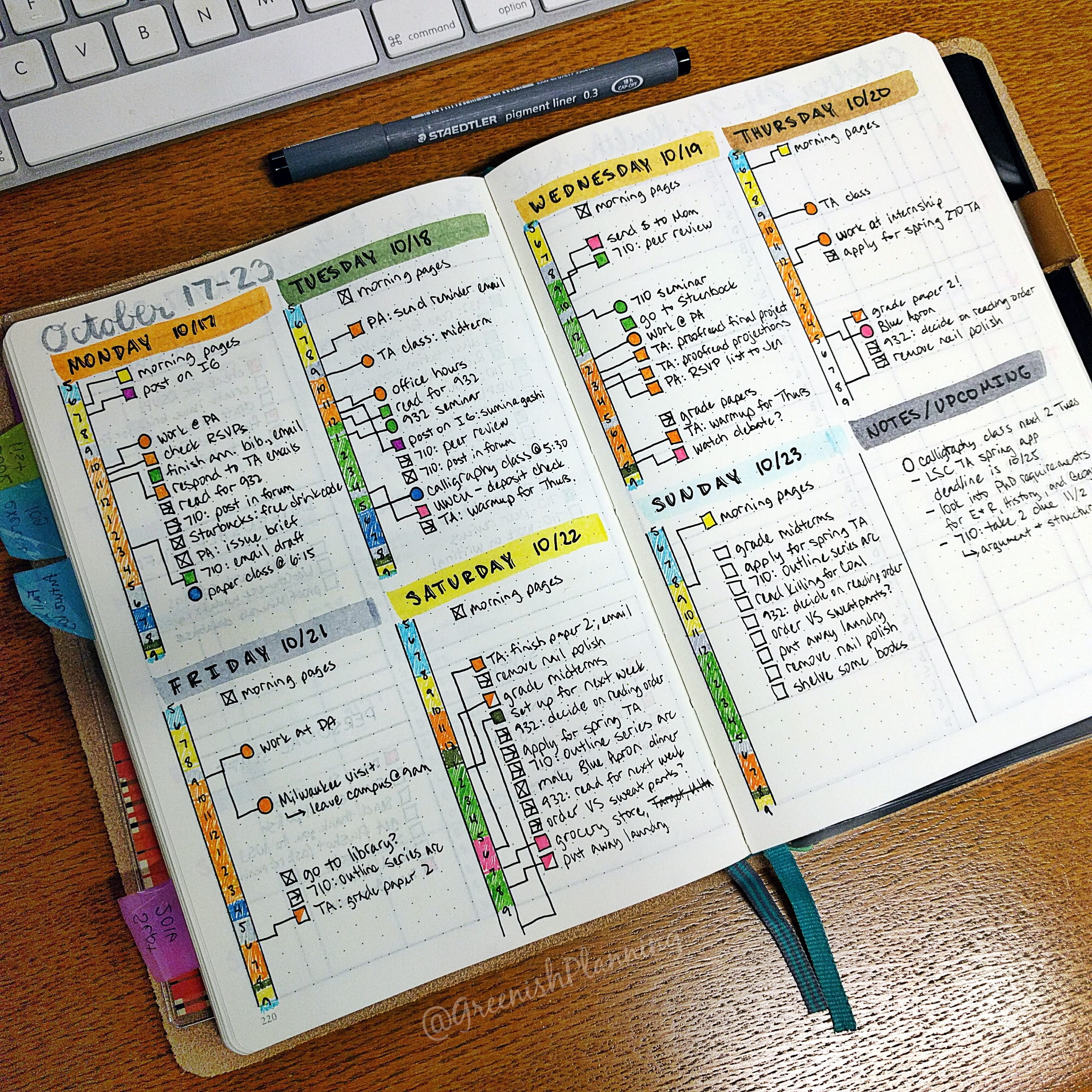College, where students strive to discover a major, find a job, and develop new experiences and skills to keep. Last year, I came into the University of Washington Bothell as a first year student and believe me, I was not prepared to face the reality of college. Throughout that whole year, I learned so many things that I never expected to hold onto, whether if it was academically or personally. And I decided to share with you some of the main things that I have held onto ever since!
Disclaimer: Everyone has a different experience with their first year in college. These may not apply to your personal experiences but can be useful to keep in mind for the future.
- Time really does go by fast
Although Freshman Year was as long as any other school year, it personally felt like three whole months to me. And it sounds crazy to say that college can go by so quickly. If Freshman Year felt like three months, I can’t imagine what the rest of my college journey would feel like time wise. Depending on the person, some people would think a year of college is more like a century while others think it is more as a few months. So do remember to make the most out of your time in college!
- Adjusting to college schedules takes time
When comparing high school schedules to college schedules, the number of differences are endless. If you were a full time student or did not do Running Start in high school, then it can take a week or so to get used to your college schedules. Unless your classes are a part of a series, it is difficult to “reset” your mind for new schedules. What I suggest is to have an idea of where all of your classes are before the quarter starts by going to the area(s) where each class will be held in.
- Making connections on campus is more exciting than you think
It is not initially easy to get used to a college environment so what I highly recommend is to make connections, big or small, around your campus and see what opportunities there are for you to look at! Because I work in the library as a Circulation Student Assistant, it is easy for me to make connections with the library staff as well as the patrons who often check in and out items. Outside of work and class, I am a member of the Vietnamese Student Association (VSA). I feel like when you join a club, you get a lot out of it; you are able to make new friends, bring dedication or commitment, and experience what it’s like to be in a group with similar interests!
- It’s okay to not know what you really want to do when you are in college
People expect college students have a plan set for a specific major that they’d want to fulfill, even before you set foot in your college journey. Having this expectation in your head can result in a lot of pressure and anxiety, if you ask me. I have seen a lot of my friends second guessing themselves or worrying that they have made the wrong decision towards a major. Sometimes, it’s hard to try to fulfill one major and follow through with it until the end of your college career. No matter what, it is 100% okay to re-think your plan and revise it in a way that will make you happy!
- Always. Have. A. Planner.
Keeping track of ALL important academic dates is a HUGE priority to keep in mind. So for me, I like to keep my planner and a few pens in my bag in case something comes up in my schedule. For some people, it’s hard to find time to organize what you’re going to do every single week. So what I like to do is find some time at the beginning of every week and write down any upcoming assignment due dates or event dates that I know and then list out what things I need to prioritize first during that week.
- Stepping out of your comfort zone can be scary
Although I consider myself as a social butterfly around people, I was once someone who was so shy that I couldn’t even make eye contact with anyone. Becoming more out in the open is not a trait that you can obtain immediately; it takes small steps to really develop an open mind towards making new friends. I find it simple to make new friends by initiating small talk (a “how are you” or a “how’s your day?” can make an impact towards someone!) and find common ideas or ask questions to make a conversation!
- Take advantage of your free time
In college, you’d think that you don’t have to worry about anything and you would have plenty of time to do things. Well, those expectations are false. As a matter of fact, it’s even hard to find time to settle down and study, especially if you’re up on your feet going to your classes or have an active job. So when you have some free time, make use out of it! Cherish that amount of time by doing something you don’t normally do, such as catching up on your TV shows, or reading a book. It’s okay to take a break because overworking yourself can cause a lot of stress on your shoulders.
- Make as many memories as you can!
I learned that once you get out of school, it’s hard to find time to spend with your friends and family, especially since you might have a job or continue your education somewhere else. So when you do get a chance, go out and make some fun plans (i.e. admire some aesthetic outdoor views or have a movie night at someone’s house) with those who you love! Not only does it help you relax from all that college stress, but it also makes you realize that it become harder to find time to be with people close to you. Be sure to find a way to capture the moment by taking photos or writing about it in your notebook!
To all upcoming first year students, my personal advice to you is that college will not be as easy as you may think. But don’t let that restrain you from living your life! There is always a way to find balance between your life in college and outside of college, and not many people realize it. Everyone has to discover that balance on their own since we are different from one another. The various things that you learn in college can help in your career, such as expressing your communication skills, or using your leadership skills in a team. College is a great place to practice any professional skills, while keeping that balance of social skills and fun when exposed to a variety of people with different backgrounds, ideas, and values. So remember to have fun exploring and learning new things throughout your college journey!



















